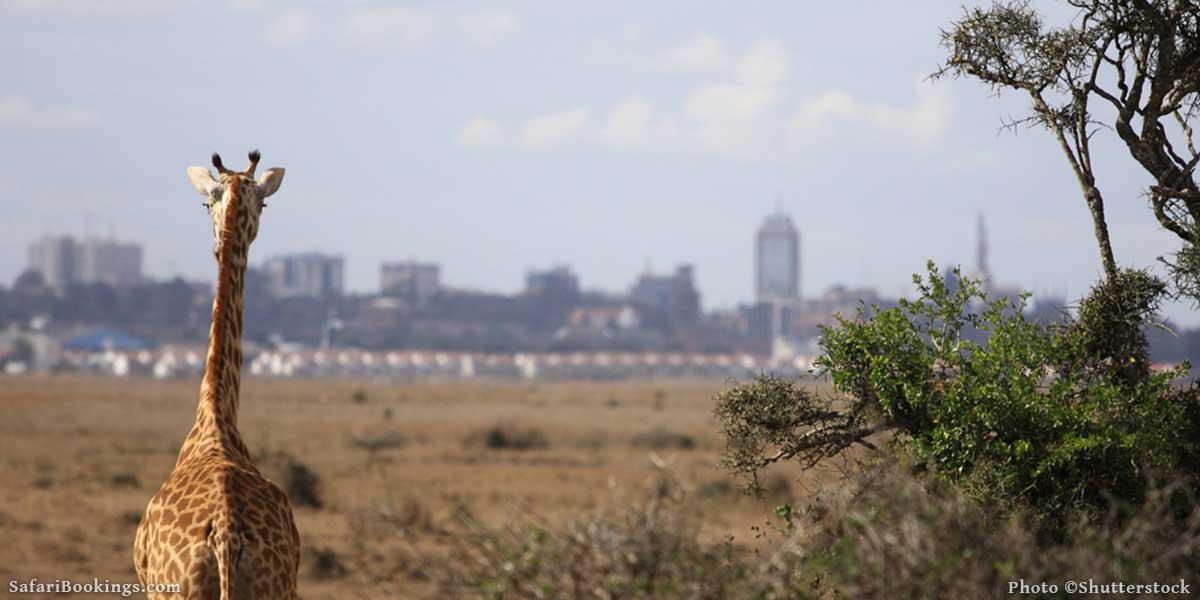
Best Safari Parks and Game Reserves Near Nairobi
Nairobi is a city that lives and breathes wildlife, from the carved wooden hippos and lions for sale in every tourist handicraft shop to the real-life versions haunting the wildlife reserves near Nairobi. Kenya makes a superb base for day or overnight excursions to a diverse array...

10 Best Luxury Lake Naivasha Resorts & Hotels
Lake Naivasha has been a favorite Kenyan playground since the British colonial era, and it remains one of the most popular areas for holidaying Kenyans and international visitors. Its central location in the heart of the country and...
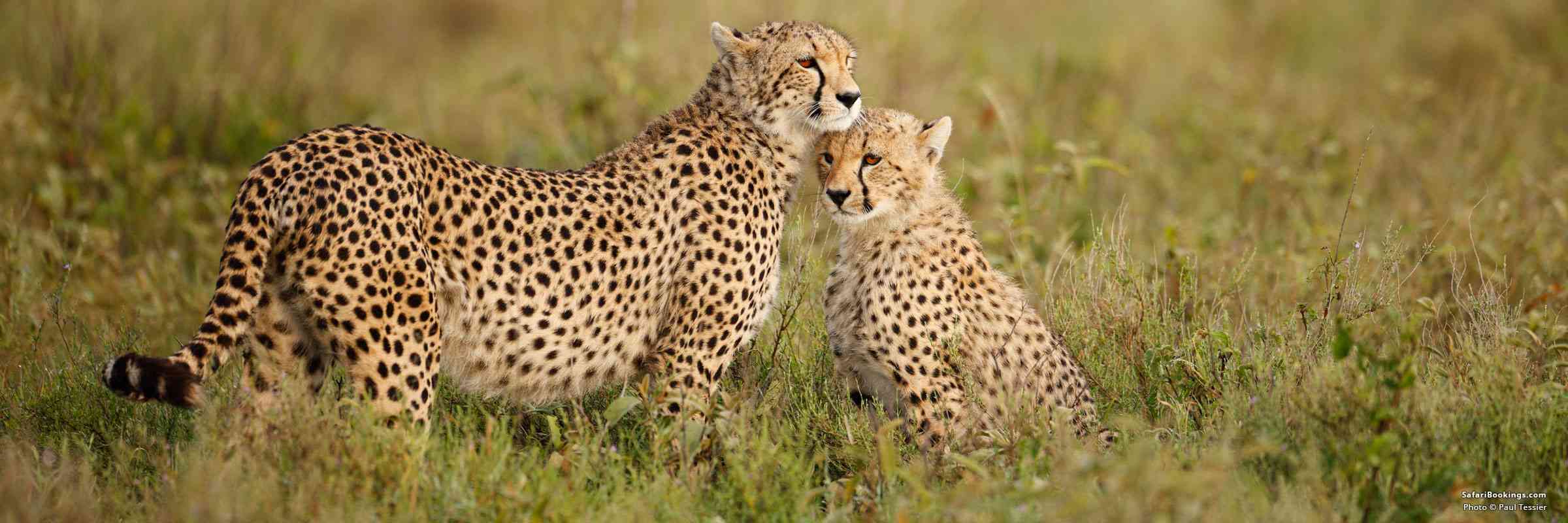
Top 10 Best African Safari Parks & Destinations of 2026
Which safari parks in Africa are the best? An in-depth analysis by SafariBookings of 2,665 reviews was carried out to determine the finest safari parks on the continent. The World Famous...
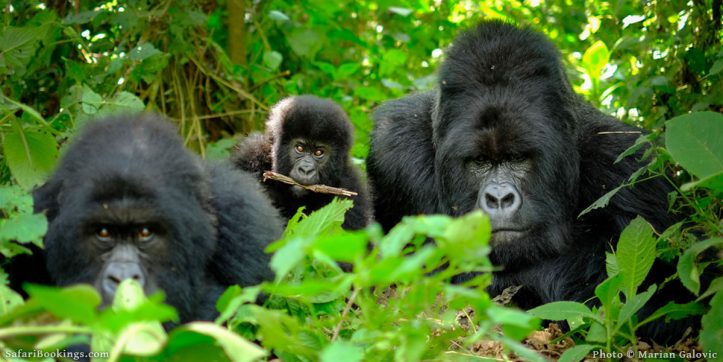
Gorilla Permit Uganda 2025 – Everything You Need to Know
Uganda is home to the largest population of mountain gorillas. Ecotourism is one way in which these animals are protected. Every guest must have a permit to visit the mountain gorillas. Here, we explain everything you need to know about the gorilla permit in Uganda...
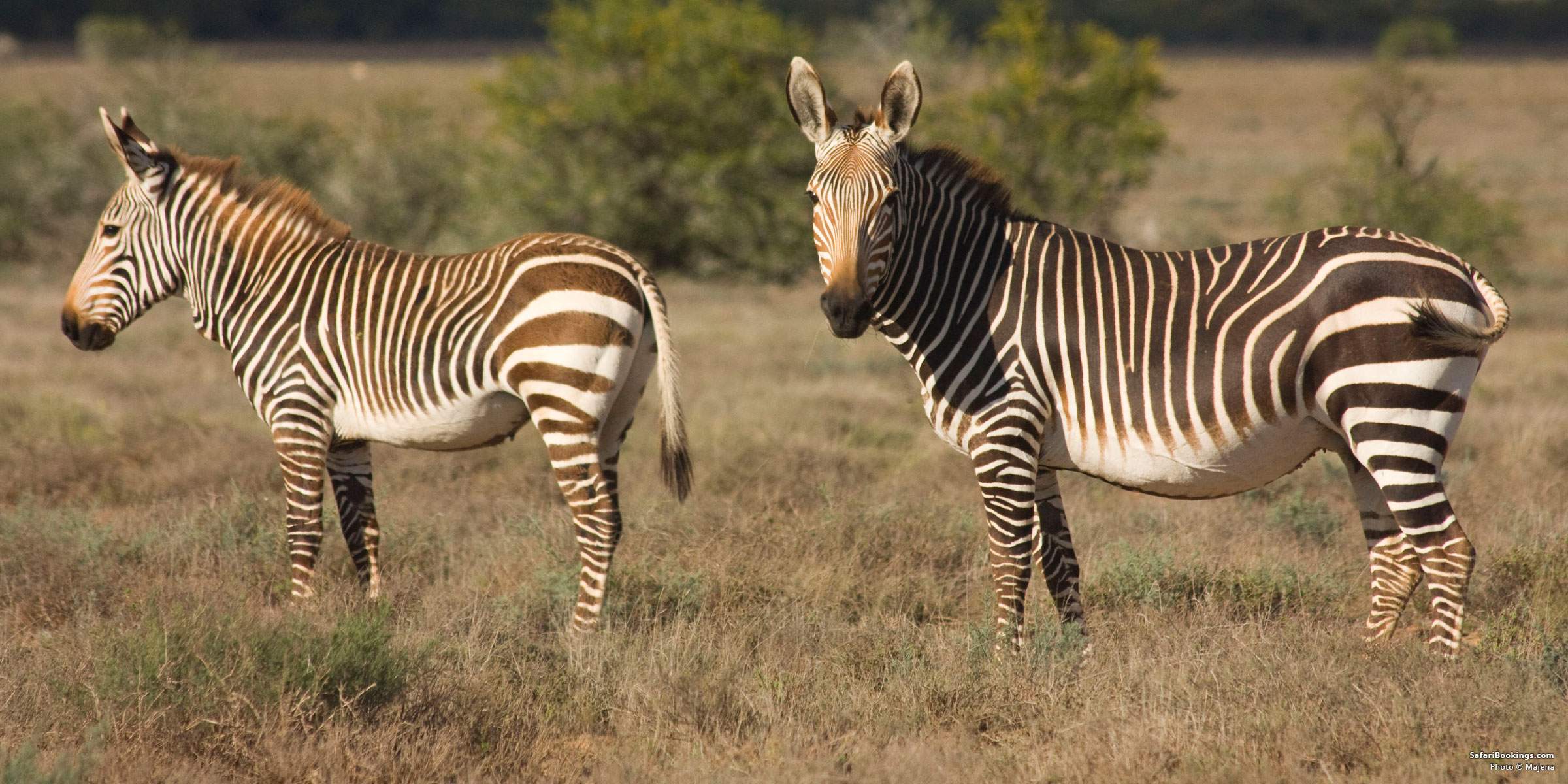
Top 8 Best Malaria-free Game Reserves in South Africa
One of the big advantages of traveling to South Africa, compared to other African safari destinations, is that a number of game reserves where you can see the Big Five are in malaria free areas. This is fantastic if you’re traveling with small children or want to avoid taking anti-malarials...
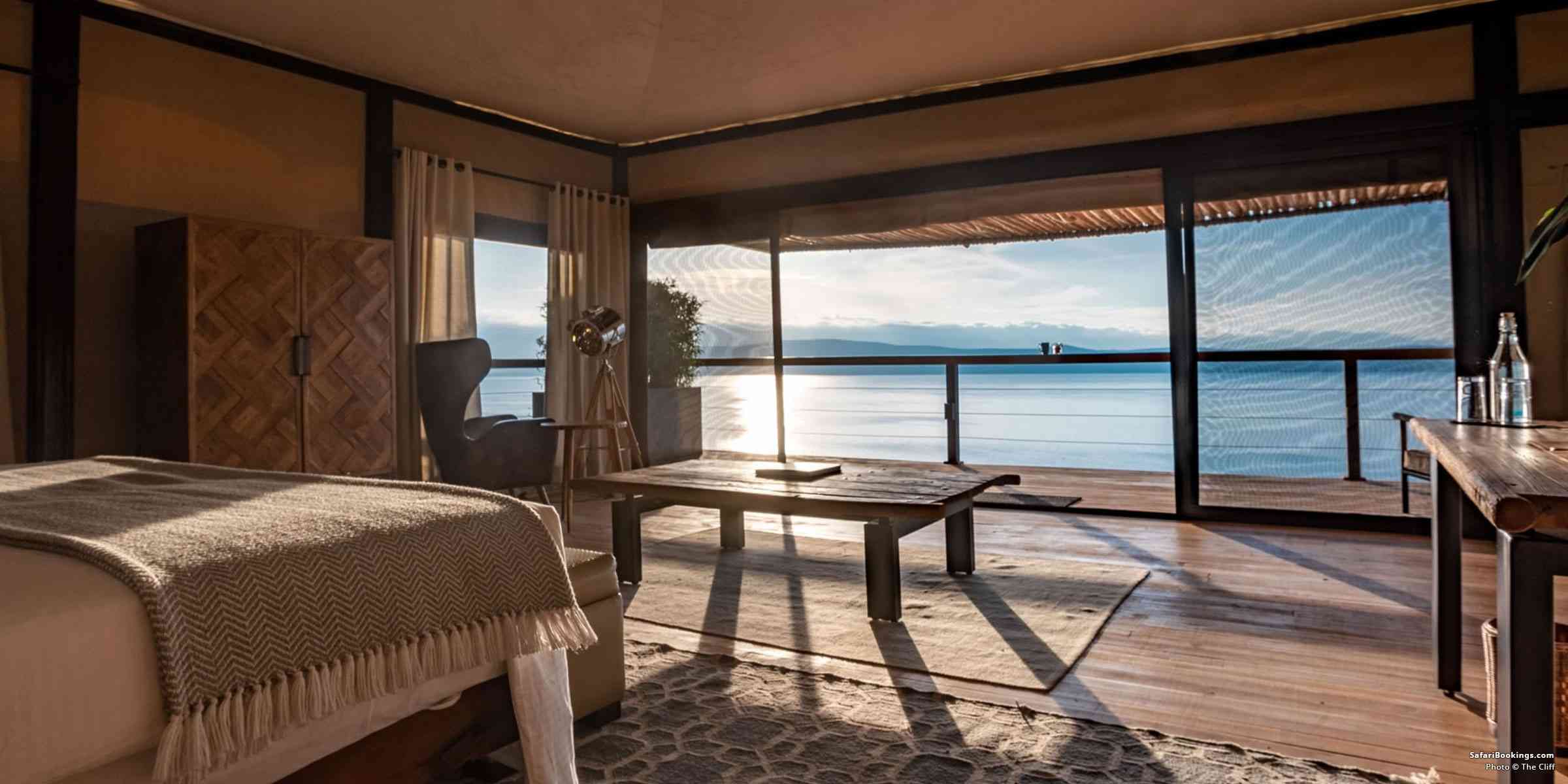
10 Best Luxury Lake Nakuru Lodges & Hotels
Lake Nakuru National Park is one of Kenya’s premier parks. Among its many highlights are its highly visible population of rhinos, Endangered Rothschild’s giraffes, tree-climbing lions, the possibility of flamingos, and landscapes of lake, escarpment and acacia forests. Such a...
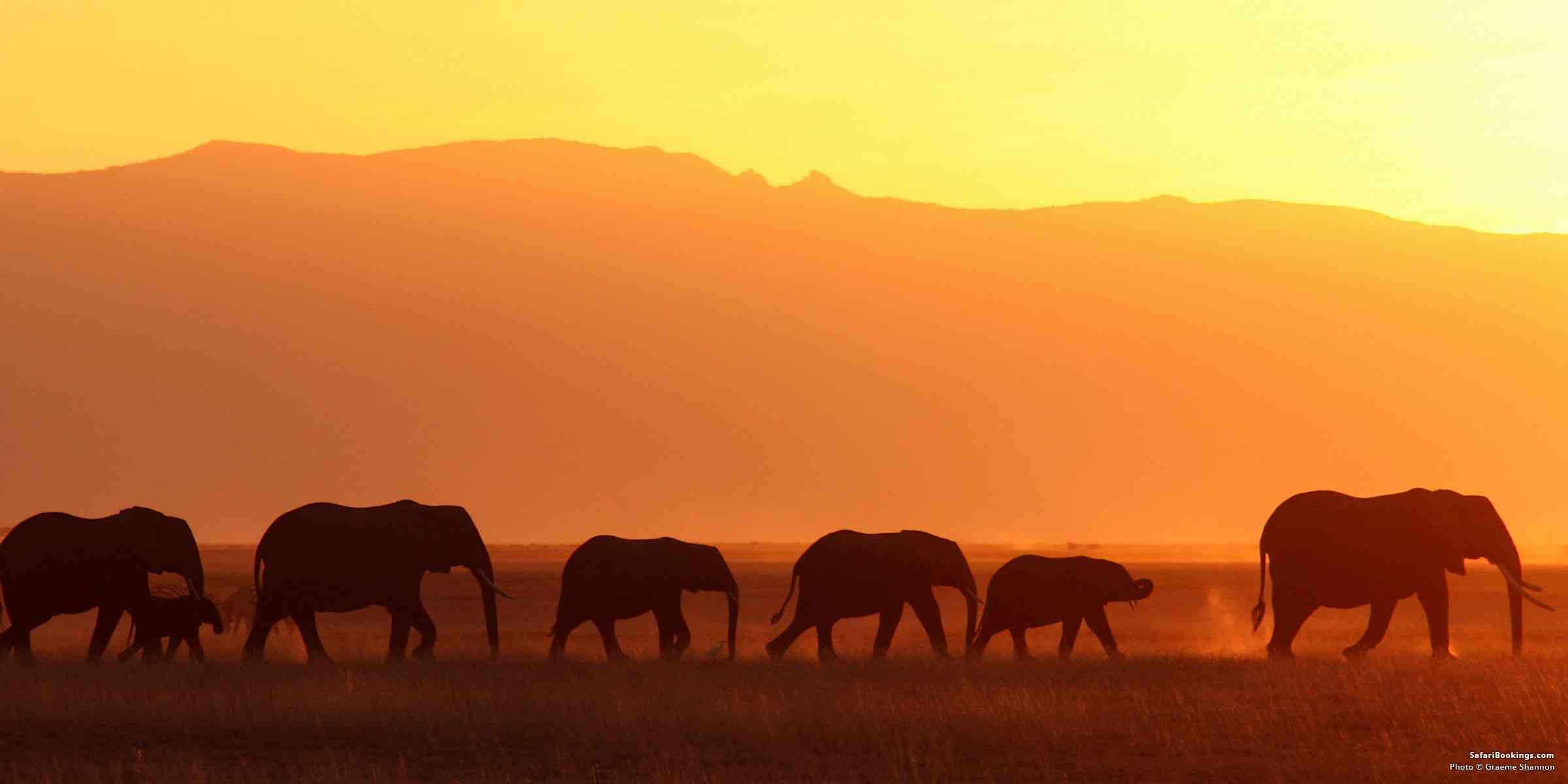
10 Most Beautiful and Interesting Places To Visit in Kenya
A country of great diversity, both physically and culturally, Kenya is one of Africa’s most popular destinations for very good reason. With blissful Indian Ocean beaches, craggy mountains, lush forests and wildlife-rich savannahs, there are endless beautiful places to visit in Kenya. These are 10 of many…
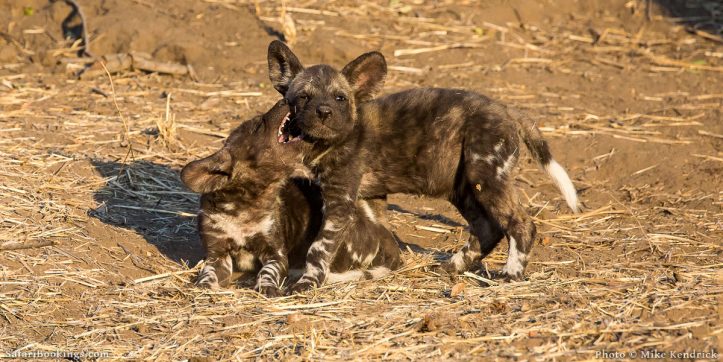
The Most Endangered Animals in Africa
Africa is blessed with a stunning variety of wildlife – it has more species of charismatic megafauna than any other continent. However, sadly, with ever expanding human populations and their increasing demand for land, food and water, exacerbated by poaching, more and more species are becoming endangered...
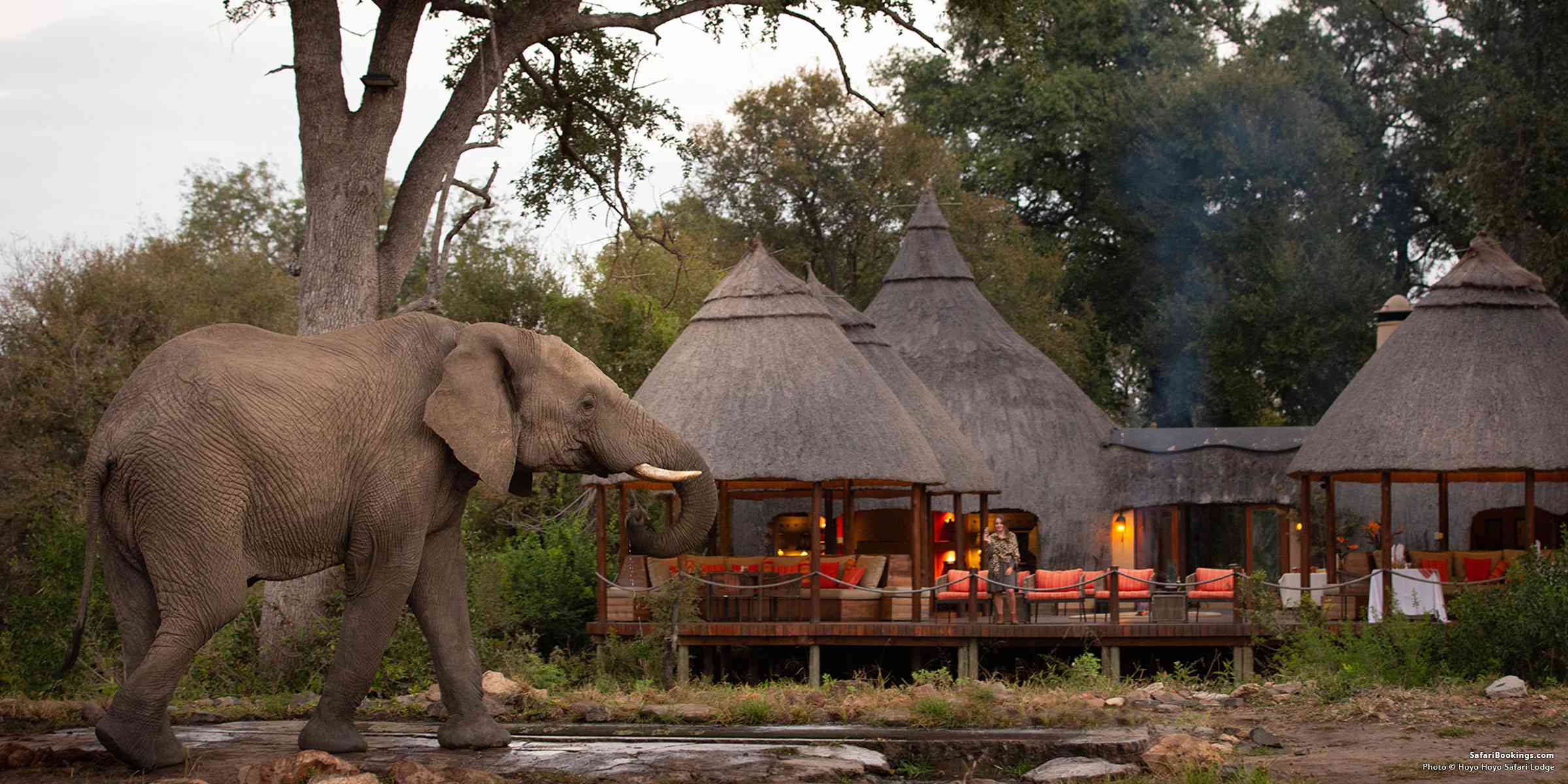
Top 10 Luxury Kruger National Park Lodges
Much is made of the stellar private and community conservancies and reserves that surround Kruger National Park, and rightly so. But there are also some stunning, luxury places to stay within the boundaries of...
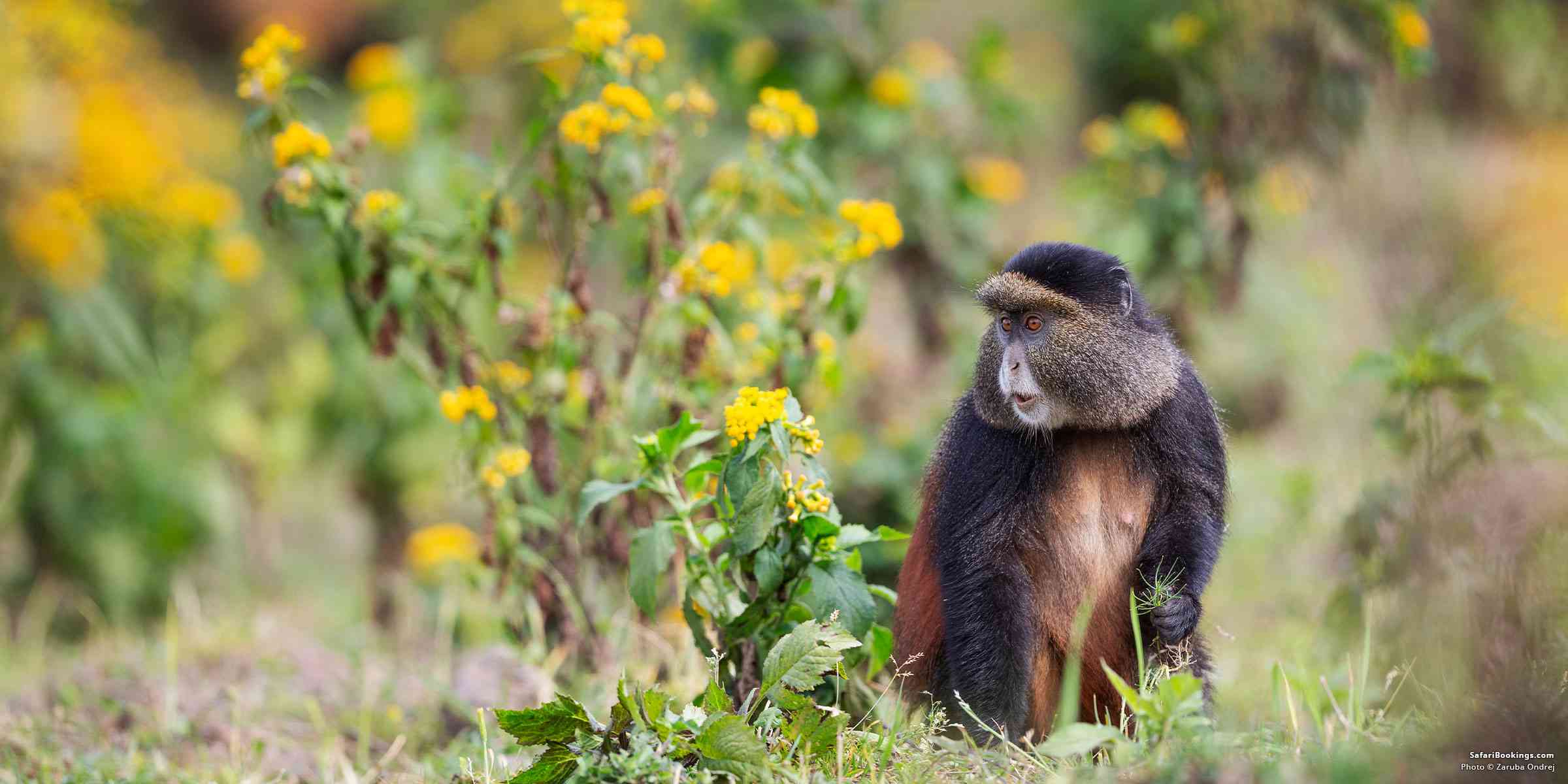
The Best Places To Track Golden Monkeys in East Africa
After a couple of hours of relentless marching up and down slippery, muddy jungle slopes during our golden monkey trekking, we finally got our first glimpse of the creature we’d been zig-zagging through the forest in search of. At first it was just a red-gold blur of movement through the trees, but as the monkeys grew...

 Subscribe to our newsletter
Subscribe to our newsletter
 Follow us on Instagram
Follow us on Instagram
 Like us on Facebook
Like us on Facebook
 Follow us on X
Follow us on X